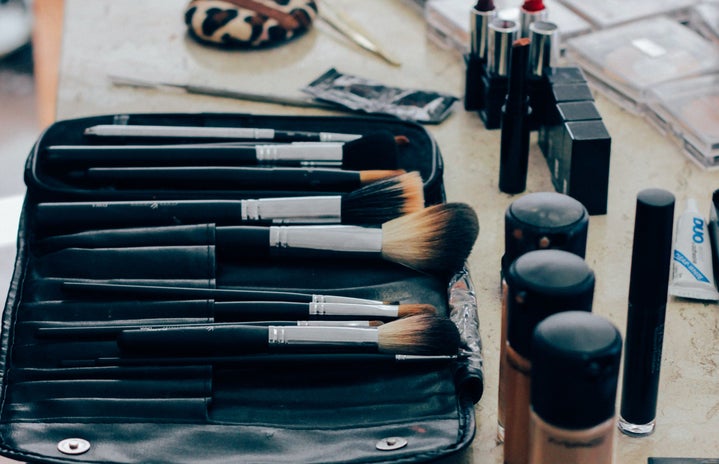I grew up being “pretty for a dark skin girl.” Growing up as the darkest person in my family, I struggled at times to figure out my identity, define beauty, and appreciate the skin I was in. My mom scoured the depths of Brooklyn and back to find Black Barbie wall stickers for my room to make sure I would be constantly surrounded by something Black and beautiful. Except, even those Black Barbies had straight black hair and European features (ie. Tyra Banks). The celebrities I looked up to were all coincidentally lighter than me, including Black pop stars and actresses. Every cover of Seventeen Magazine or Girls Life was filled with pale or tanned skinned celebrities, which was fine because it seemed normal.
Slowly, these “norms” are changing. I still remember expressing how exciting it was to see a first lady in office that kinda-sorta looked like me. I joked about having a Disney Princess almost named after me. When I first saw Lupita Nyong’o I was proud to see someone with skin as dark as mine in the mainstream being awarded for her talents, beauty, and grace. It is refreshing to see a beautiful Black woman in the spotlight with natural hair instead of weave and being recognized for her acting abilities not twerking. It feels good knowing my little sister can grow up not only with a princess Tiana but also a Michelle Obama and a Lupita.
Lupita is the opposite of what is sold as standards in beauty: her skin is dark, her features are not Eurocentric, and her hair is afro-textured. Lupita is like me, some of my extended family members, friends, and the staff and faculty I see at Davidson daily. There are dark skinned women everywhere. There are Lupitas everywhere. I am afraid that Lupita is treated as being an exception to the mainstream concept of beauty. If this is the case, as an exception, she is also a part of a fad. Her features are not applicable to what is traditionally beautiful, but instead are viewed as exotic. While what is considered exotic can be beautiful, it represents a separation from normalcy, an othering of someone or something.
The last exotic dark skinned beauty I remember being a household name was Alek Wek. Alek was everywhere from the fashion world to living room tables to the covers of popular magazines like Elle. Her face was prevalent until suddenly, it was not. The beautiful dark skinned face was no longer relevant. I hope that Lupita will not eventually fade from our consciousness leaving little Lupitas once again without any reflections of themselves in the media.
Note: I make similar references to other articles that have been published.

